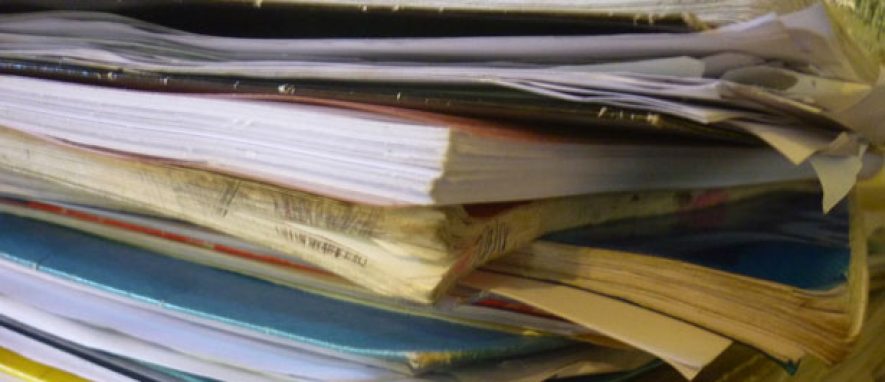While I was at ALA earlier this week, these questions appeared in my mind frequently whenever I tried to explain my research to librarians: How useful do practitioners see the work of information researchers? What impact do they perceive scholarly research as having on everyday librarianship? Are information researchers even thought of as librarians struggle with budget cuts, library closures, and other demands on their resources and time? I’m a relatively new academic, and I come from a public library background. I find myself trying to answer these questions drawing from my experiences on both sides: academia and library.
I hear myself saying this often (at least inside my head) that there isn’t enough scholarly research into public libraries. When I started the doctoral program I wanted to have more of a focus on public libraries, but I ran into a wall when trying to find literature I could work with. Mainly what I’ve found have been manuals, how-to guides, and marketing articles on library services, assessment, and design. I’m not entirely sure why this is so. From what I’ve heard (or made up/misheard/misunderstood), it’s difficult to find funding for research that isn’t focused on information systems, information management, knowledge management, and the like. The STEM fields seem to be getting the bulk of the research funding. More quantitative, less qualitative. I have leanings towards qualitative research so…..An example, I’m fascinated by library history research, but I wonder how difficult it would be to find a faculty position as a library historian and how worthwhile would others see my work. Is this why public library research is so difficult to find? Because funding and few potential faculty jobs discourage LIS researchers?
But would librarians see the value of research with the public library as the focus? Would professional librarians, who have been educated in LIS literature, relate what they are doing in their libraries to data-driven library research? To be honest, when I worked as a public librarian the concept of “scholarly literature” on information theory, information behavior, information access, and librarianship rarely crossed mind. Yet, if public libraries want to be taken seriously and seen as more than just book loaners by the public, libraries should engage in more research partnerships with iSchool or L-Schools. Am I on the right track here, completely clueless, or overly idealistic?

Random picture of Chicago. Because why not.



